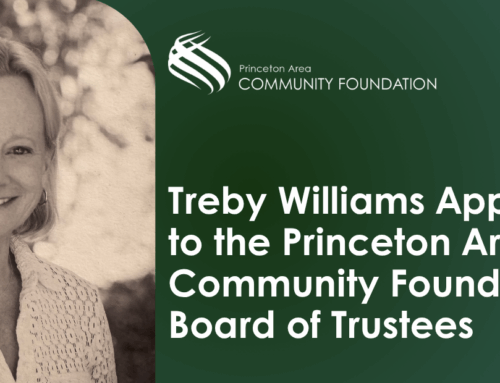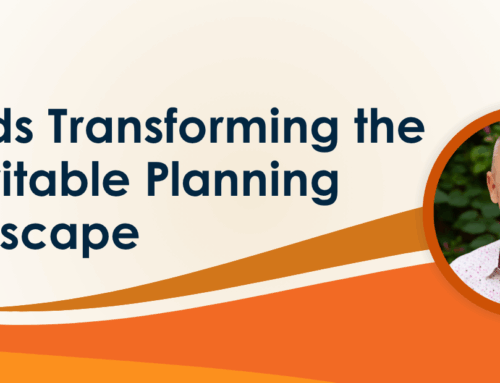Thoughts for New Jersey Future’s 2012 Redevelopment Forum
(March 9, Hyatt New Brunswick www.forum.njfuture.org
Nancy Kieling, President & CEO,
Princeton Area Community Foundation
As redevelopment of the Intercap site in West Windsor progresses, albeit slowly, an engaging future is emerging through the transformation of a historically sprawling township into a bona fide town. How can this happen? Why am I optimistic?
Experience and research over many years has shown that place matters, and has a rather remarkable impact on how people engage with one another. Public space builds greater connectivity simply because it’s where people bump into one another in the course of their daily lives. Communal spaces such as parks and downtown plazas encourage community activities like farmers markets, street festivals, and the chance encounters that give us a sense of belonging and of shared interest and ownership.
The result? Social capital – the web of relationships and trust that hold a community together, and allow it to solve problems, take advantage of opportunities, and ultimately make people healthier and happier. Absent such places, we live exclusively in private spaces and commercial spaces such as the ubiquitous malls that dot New Jersey. When is the last time you went to the mall and came away with a satisfying sense of community?
West Windsor has the opportunity to be creative, to grow a community where ties are strong, and to set a fabulous example for other towns, especially those along the train line. The transit-oriented development currently on the design board will create a downtown open to all, an active link with other communities easily accessible by train.
Housing for a wide range of incomes will build a new mixed-income community that by its inherent diversity will create a lively place and new opportunities. The inclusion of affordable housing makes perfect sense to me, and the opportunity to live in a more economically integrated community than currently exists in West Windsor is appealing. Why, as a community, would we not provide housing for low-income neighbors right on top of the train? Given the expense of owning a car and the need to get more people out of their cars to alleviate both traffic congestion and gas consumption, housing that encourages train use is just smart planning for all income groups, and puts wider opportunities for many just a train ride away.
As a longtime resident of the township who came, like many others, for proximity to the train and stayed 35 years, I like the potential to turn a commuting hub into a town. As the president of the Community Foundation, an organization that is committed to building social capital in our region, this project promises changes that can meaningfully link one town to many others, create a gateway to economic opportunities, and build a more vibrant community, all of which are simply too good to pass up.





